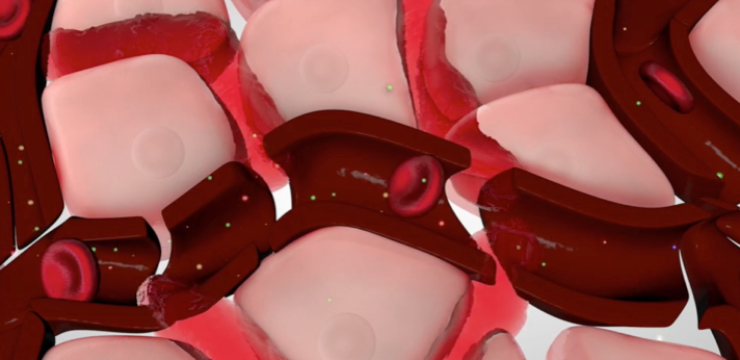
- Excerpt
In 1980, OPCs were tested double-blindly on a group of elderly people who, either spontaneously or as the result of taking one gram of acetylsalicylic acid per day, had a very low capillary resistance. For the whole group treated with 100 to 150 mg of OPCs per day, the results shown hereunder were obtained. A “good” result means that patients had a noticeable improvement in capillary resistance after approximately two weeks. After about three weeks, the maximum attainable result was reached for all patients.
(Evolution de la résistance capillaire, spontanément ou artificiellement diminuée par l’action d’une substance capillaro-toxique chez des personnes âgées. G. Dubos, G. Durst et R. Hugonot. La Revue de la Gériatrie, Tome 5, no 6, septembre 1980.)
A similar study with elderly people also took place in 1980. Contrary to the group mentioned in the previous study, this group didn’t suffer from pathological changes in the microcirculation. Maybe that’s why the results were less pronounced than in the previously mentioned research. In 10 of the 21 cases, OPCs appeared to work efficiently. Nevertheless, the researchers concluded that they achieved improved capillary resistance and permeability in this group of elderly people by administering them 100 mg of OPCs per day.
(Résistance capillaire en gériatrie. Etude d’un microangioprotecteur = Endotelon. J.Y. Dartenuc, P. Marache et H. Choussat. Bordeaux Médical, 1980; 13: 903-7.)
In 1981, capillary resistance was tested in two groups of people averaging 46 years of age and suffering from high blood pressure and other problems. They took a recommended daily dosage of 150 mg of OPCs. In one of the groups, capillary resistance increased from 15.4 cm Hg to 18.1 cm Hg, and in the other (double-blind test) group, it increased from 14.8 cm Hg to 18 cm Hg. Blood pressure is determined by a number of factors, such as the strength of the contraction of the heart, the resistance produced by the smaller arteries, the blood volume and the volume of the extracellular fluids, the blood’s viscosity, and the elasticity of the walls of the main arteries. The study underlines the protective role OPCs can play in cases of high blood pressure. OPCs play a central role in this interplay of factors that determine blood pressure.
(Etude des effets des oligomères du procyanidol sur la résistance capillaire dans l’hypertension artérielle et certaines néphropathies. G. Lagrue, F. Olivier- Martin, A. Grillot. Sem Hop Paris, 18-25 septembre, 1981.)







